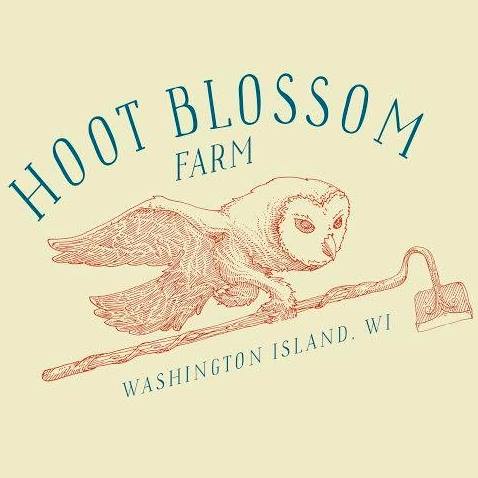Jumping worms are a type of invasive earthworm that is becoming increasingly common in North America. "They are called 'jumping worms' because of their unusual behavior when disturbed – they move like a snake and sometimes appear to be jumping. A light-colored ring extends around the body and is closer to the head than in other earthworms," describes MN DNR.
Jumping worms have become a problem because they are incredibly destructive to soil ecosystems. They consume organic matter at an incredibly fast rate, leaving behind bare soil that is vulnerable to erosion and nutrient depletion. Additionally, their castings (excrement) alter soil structure, making it more granular and prone to erosion. This can lead to decreased soil fertility, which can have a cascading effect on the health of plants and other organisms that rely on healthy soil.
To prevent the spread of jumping worms and other invasive species, it is recommended that gardeners buy bare root plants instead of potted plants. Bare root plants are plants that have had their soil removed. This method of planting is not only more cost-effective, but it also reduces the risk of introducing invasive species to your garden.
When purchasing potted plants, there is a risk that the soil in the container contains jumping worm cocoons or eggs. This soil can be easily transported to new locations and can lead to the spread of jumping worms. In contrast, bare root plants are typically sold without any soil, reducing the risk of introducing invasive species to your garden.
Overall, by buying bare root plants, you can help prevent the spread of invasive species like jumping worms and protect the health of your garden's soil ecosystem.
If you think you have seen a jumping worm, catch it, and take a photo of it for your local DNR. Reporting is extremely important.

